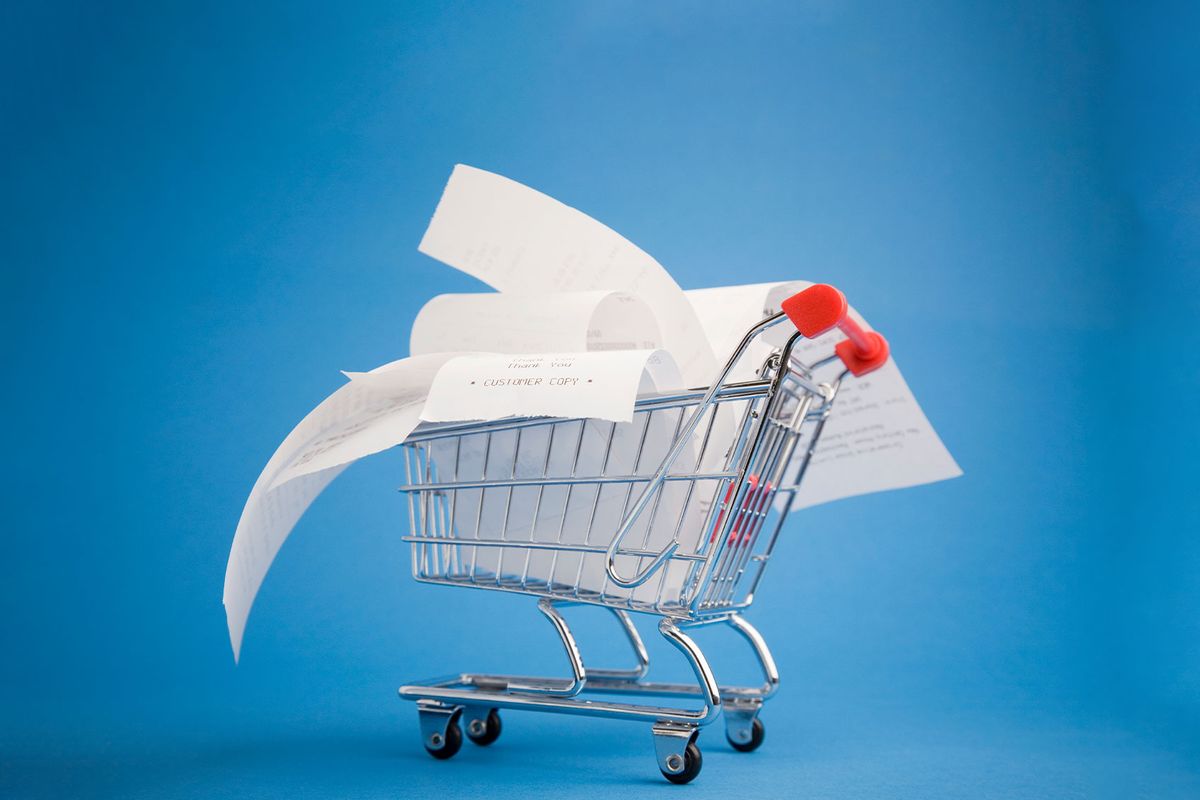Sen. Elizabeth Warren, D-Mass, and Rep. Adam Schiff, D-Calif., are calling upon the Federal Trade Commission and Department of Agriculture to investigate Albertsons and other major grocery chains for “predatory pricing” practices that may have violated federal laws.
In a letter sent to FTC Chair Lisa Khan and USDA Secretary Tom Vilsack, Warren and Schiff expressed concern that chains, including Albertsons, “may be making false and misleading representations regarding food sold by weight, leading to customers paying more for groceries than expected.”
There’s some precedent for their concern. Last month, California prosecutors reached a $3,962,500 settlement with Albertsons Companies, Inc. — and its subsidiaries Safeway and Vons — to resolve allegations that the companies engaged in “false advertising and unfair competition.” Specifically, the civil complaint filed by the prosecution team alleged that the grocers unlawfully charged customers prices higher than their lowest advertised or posted price.
Beyond what prosecutors classified as “scanner violations,” the grocers also had inaccurate weights on the labels of their products, meaning customers were paying more for “produce, meats, baked goods and other items [that] had less product in the package than was displayed on the package label.”
In a statement released following news of the settlement, Sonoma County District Attorney Carla Rodriguez said, “Trusting companies to sell products to consumers that are accurately weight and priced, especially in today’s economy, is a priority to my office. My Environmental and Consumer Law Division works with the Sonoma County Agriculture Commissioner/Weights and Measures department to make sure businesses in our community correctly charge consumers.”
We need your help to stay independent
However, Warren and Schiff allege in their letter that more investigation needs to take place.
“Albertsons is one of the largest food retailers in the United States, boasting over 2,200 stores across the country. This settlement covers the 589 Albertsons stores in California, but all U.S. customers should be protected from predatory pricing,” the lawmakers wrote in their letter. “To ensure that no Albertsons stores are overcharging customers for essential groceries, we urge the FTC and U.S. Department of Agriculture (USDA) to investigate whether any other Albertsons stores or other major grocery chains have committed similar wrongdoing and, if necessary, hold the responsible parties accountable.”
In speaking with The Hill, the FTC confirmed it had received the letter, but had no further comment, while a spokesperson for Albertsons Companies said the company follows “all local pricing rules and regulations in the various communities where we operate, and we work quickly to correct any pricing discrepancies.”
According to the publication, the spokesperson’s statement also said “the lawsuit filed in California stemmed from administrative errors at a local store level and the company has since made changes to its processes to reduce the risk of a similar error happening in the future.”
"All U.S. customers should be protected from predatory pricing."
This push for further investigation comes as a proposed merger between Albertsons and Kroger — another major supermarket chain with subsidiaries like Mariano’s, King Soopers, Food 4 Less and Food Lion — remains in a complex legal limbo. Multiple state and federal trials seeking to block the merger have concluded, but rulings are still pending.
In October, the FTC wrapped up a high-profile antitrust trial in Portland, aiming to block the merger over concerns it would stifle competition, particularly in smaller markets, which could lead to a spike in prices for consumers. Meanwhile, states like Washington and Colorado have pursued separate cases also related to fears about the merger being anticompetitive.
In response, leadership at Kroger and Albertsons has argued the merger will simply allow them to compete with non-union giants like Walmart and Amazon, promising benefits like price reductions and operational efficiencies.
This push from Warren and Schiff also reflects what a major political issue the cost of everyday essentials, like groceries, has become. In February, President Joe Biden decried the concept of “shrinkflation” — cutting the amount or quality of an item, yet keeping the price static — ahead of the Super Bowl, saying that “it’s a rip off.” A few months later, in his annual State of the Union address, Biden revisited the topic.
“Too many corporations raise prices to pad the profits, charging more and more for less and less,” he said, before nodding to the Shrinkflation Prevention Act, a bill proposed by Democratic Sen. Bob Casey that seeks to “direct the Federal Trade Commission to issue regulations to establish shrinkflation as an unfair or deceptive act or practice.”
Vice President Kamala Harris also made grocery prices a part of her 2024 presidential campaign, noting that she would seek to fight price-gouging and “greedflation” if elected, a stance that starkly divided the grocery industry.



Shares